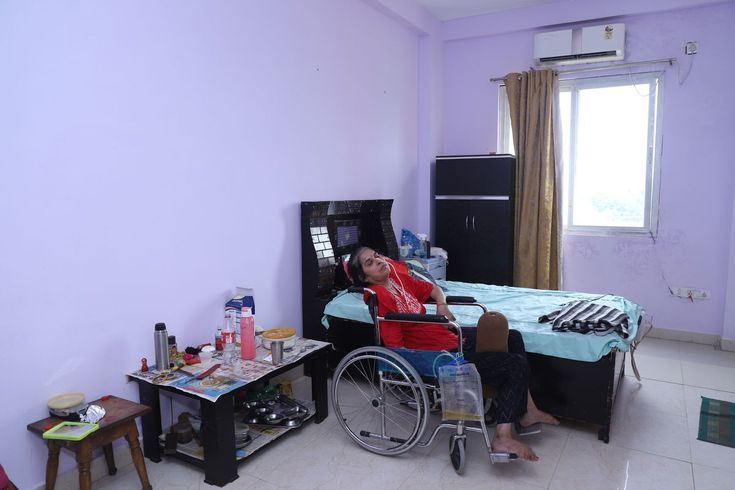Palliative treatment is about comfort, not cure. It’s care designed to ease pain, soothe emotions, and improve quality of life during serious illness. Within this realm, hospice care plays a crucial role. It offers not only medical support but also emotional, spiritual, and personal guidance. Families often feel lost navigating terminal illness, but hospice care brings calm to the chaos. It ensures that the final stages of life are met with dignity, compassion, and support.
Personalized Approaches Make a Difference
Every patient is unique, and so are their experiences with illness. Hospice teams recognize this and focus on tailored care. They spend time getting to know the patient and their family. Preferences, routines, and cultural values are respected. Whether someone wants to listen to old music, hold a grandchild’s hand, or enjoy a favorite meal, hospice finds ways to honor those wishes. This deeply personal touch makes each day more meaningful.
Hospice Care Supports the Whole Family
Hospice care is a specialized form of palliative treatment that not only supports the patient but also embraces their loved ones. It offers counseling, grief support, and education to families during a time of uncertainty. Social workers and spiritual advisors step in alongside doctors and nurses, making the care truly holistic. In the last stages of life, peace of mind matters. The hospice care helps make that peace possible.
Comfort and Dignity Come First in Hospice Care
At its core, hospice care ensures that comfort is prioritized. This means pain management is central—whether physical, emotional, or psychological. Patients are not hooked up to unnecessary machines or rushed into stressful procedures. Instead, their surroundings are familiar, warm, and peaceful. This approach helps patients maintain dignity, even in decline. Families find comfort knowing their loved one is at ease and respected.
Specialized Teams Provide Consistent Support
In hospice, care is not fragmented. A dedicated team—nurses, aides, counselors, and physicians—works together. They communicate regularly and adjust the care plan as needs change. This consistency reduces anxiety for both patient and family. There’s always someone to call, someone who understands the situation. It’s this constant presence that makes hospice care such a strong pillar in palliative support.
Home-Based Services Offer Familiarity and Control
Many people wish to spend their final days at home. Hospice makes that possible. Services are delivered right where the patient feels safest and most comfortable. This can be a family home, a nursing facility, or even a hospice residence. Being in familiar surroundings can reduce stress and confusion, especially for those with cognitive challenges. Home-based hospice care restores a sense of control at a time when so much feels uncertain.
Emotional Healing Is Part of the Journey
Facing the end of life brings up a mix of emotions—fear, sadness, regret, and sometimes even peace. Hospice care includes emotional and spiritual support for both patients and families. Chaplains may offer prayers or moments of reflection, while counselors create space for honest conversations. The goal is not just physical comfort but also emotional healing, giving everyone the chance to say goodbye, make peace, or simply share a final story.
Conclusion
Hospice care enhances quality in palliative treatment by addressing the whole person, not just the illness. It’s a compassionate path that honors life’s final chapter with tenderness and respect. Through personalized support, comfort-driven strategies, and a deep focus on family, hospice transforms how we experience the end of life.
